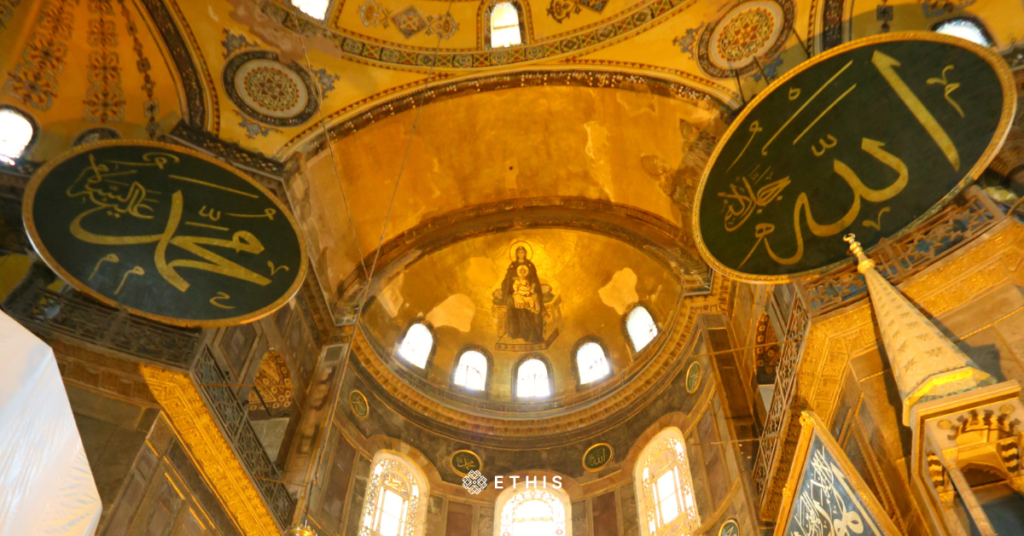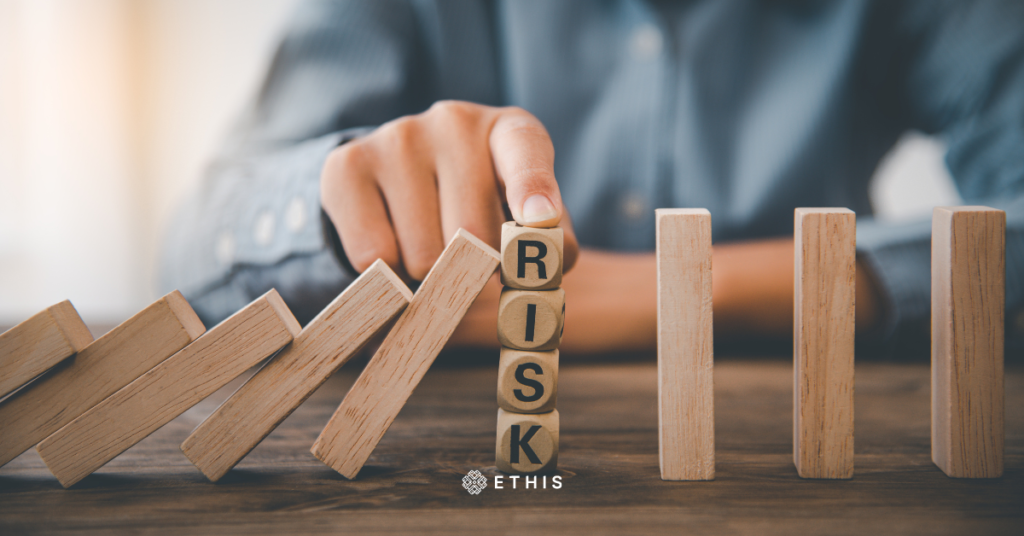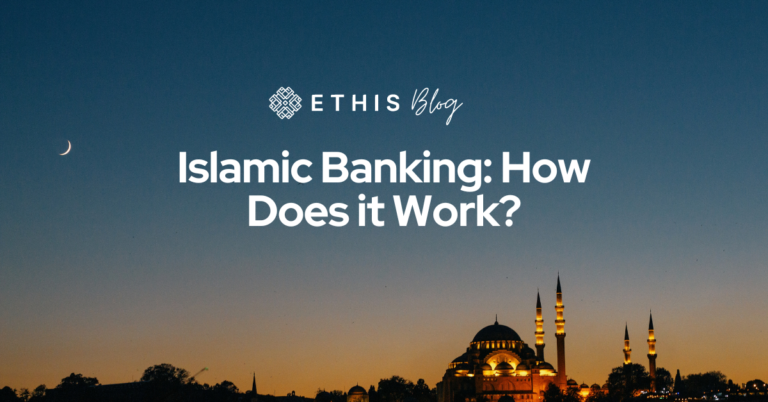
We dive deep into the concept of Islamic banking and how it works.
In the wake of the global financial crisis, Islamic finance has established itself not only as an ethical form of finance but also as a form of finance that is more sustainable—and potentially more successful.
Because of this, Islamic finance adheres to a stringent set of ethical guidelines. First things first, however, we have to get a better understanding of Islamic finance, both in terms of what it is and what it is not.
Related: The impact on the role of Islamic Finance in a pandemic world: Expert’s Opinion
Islamic Banking: What is Islamic Finance?


Every aspect of banking is founded on debt, equity, trade, or leasing. An Islamic bank is a type of financial intermediary that functions in accordance with Shariah principles (Islamic Sacred Law) and connects capital providers and capital users.
All that Islamic finance does—compared to conventional banking—is simply do away with the debt aspect. The positive impact that equity (which is structured in an Islamic way) has on both the profitability of a business and the well-being of society, stands in stark contrast to the negative effects that are caused by instruments that are based on interest.
Islamic finance can be distinguished from its conventional counterpart on the basis of a number of fundamental tenets, each of which is based on either the Quran, the Sunnah, or both.
Numerous fiqh (Islamic jurisprudence) rulings derive specific rulings from the primary texts, but at least 80 percent of all Islamic transactions are guided by the same four fundamental principles:
Riba-free transactions


The word “increase” or “addition” can be translated from the Arabic word “riba,” which refers to any incremental increase above the initial amount that was lent or exchanged. The vast majority of riba is comprised of ordinary commercial interest, in which the borrower makes payments to the lender in exchange for the right to use capital over an extended period of time.
Therefore, riba refers to any increase above the principal amount, whether it is a soft, development loan with an annual interest rate of 1 percent or a usurious consumption loan with a monthly interest rate of 10 percent. Therefore, riba includes both usury and business interest.
Related: 6 Crucial Components of the Islamic Financial System
Risk Sharing in the context of Islamic banking


All Islamic finance transactions, whether equity, trade, or lease-based, involve risk sharing. For example, in Murabaha transactions, where the bank mediates a purchase by purchasing the goods and charging a markup in advance, the Shariah stipulates that the Islamic bank assumes a portion of the risk by holding the goods for a period of time, which is absent in a conventional loan agreement. Few conventional banks will choose to own anything, even temporarily.



This risk distribution is based on the idea of equity. When something goes wrong, the details in an Islamic contract place special emphasis on the equitable distribution of risk. Such seemingly insignificant conditions are frequently lost in contractual minutiae and frequently mislead the layman into believing there is no difference between a given Islamic product and its conventional counterpart.
Asset and service backing


Transactions are backed by an asset or a service because Islam forbids the use of money as a commodity and declares unlawful any profit made from the exchange of like currencies, regardless of the time value of money. Instead of pyramidal money-lending schemes where money simply creates money, asset and service backing ensures that real assets and inventories are created. Even financial losses brought on by inflation can be avoided by exchanging money for an asset with intrinsic value, such as gold.
Because Islamic banking is based on asset and service backing rather than interest payments, conventional bankers frequently complain about Islamic banking’s inability to meet the demand for shorter loans. However, this is less true now than before. Islamic banks now have the expertise and scale to conduct a broader range of activities. Islamic bankers now provide car and home loans, fund short-term working capital needs, and offer a variety of instruments all over the world.
Related: Here’s 3 things non-Muslims need to know about Islamic Finance
Contractual certainty


Contracts are a very important part of Islam. Shariah doesn’t allow uncertainty about whether a contract condition will be met or not. This concept is called gharar (ambiguity or uncertainty leading to dispute). Conventional insurance, interest, futures, and options all have some contractual uncertainty. This is different from commercial uncertainty, like whether or not a business will make money. Commercial uncertainty is acceptable because the risk is backed by an asset (like property, plant, and equipment) or a service (like labor).
These ostensibly insignificant conditions mentioned above, are what spell the difference between financial dynamism and financial disaster. Some of the differences between Islamic and conventional banking seem inconsequential, even trivial to some.
However, Islamic banking, in contrast to conventional banking, allows for the pursuit of profit, encourages a culture of openness and responsibility on the part of corporations, and ultimately seeks to increase shareholder value, while all of this is accomplished in accordance with the principles of the Shariah. The banking industry, but this time without the unpleasant aftertaste.
Related: A Bright Future for Islamic Finance and Related Developments





Top Posts
Islamic P2P Crowdfunding Explained
How to Earn Halal Money? The Money Mindset
Halal Investments for Singapore Muslims? It’s time for a shake-up in the Islamic Investments scene.
Smart investment for making Halal money
3 Reasons Why Property Crowdfunding is the Smart Investment for You